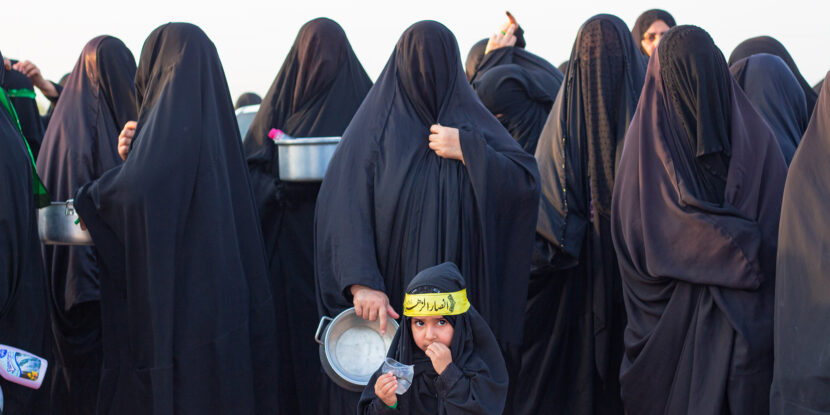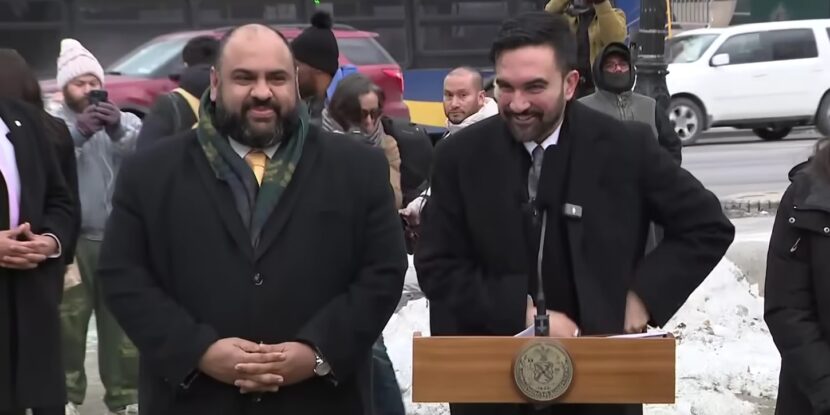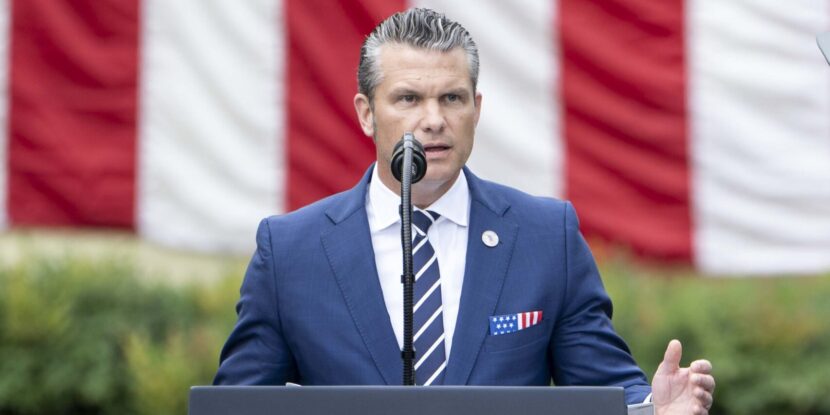❓WHAT HAPPENED: Italy is proposing a new law to fight “Islamic separatism” and reduce foreign influence on mosques, aiming to crack down on religious fundamentalism, hate preachers, forced marriages, and full-face coverings for women.
👤WHO WAS INVOLVED: The Brothers of Italy (FdI) party, led by Prime Minister Giorgia Meloni, and Sara Kelany, an FdI spokeswoman on immigration, are spearheading the initiative.
📍WHEN & WHERE: The law was announced in Italy this week, with details reported by ANSA and other outlets.
💬KEY QUOTE: “Erasing a woman’s face means humiliating her. Some talk about free choice, but I find it hard to believe a woman would want to humiliate herself,” said Sara Kelany.
🎯IMPACT: The proposed law aims to safeguard Western values, tackle enclaves governed by Sharia law, and strengthen Italy’s legal framework against forced marriages and religious extremism.
Italy is set to introduce a new law aimed at tackling what the government describes as “Islamic separatism,” with a focus on hate preachers, foreign funding of mosques, forced marriages, and full-face coverings worn by women. The proposal comes from the ruling Brothers of Italy party (FdI), led by Prime Minister Giorgia Meloni.
Sara Kelany, the party’s spokesman on immigration, said the legislation is intended to protect Western values such as freedom, equality, and human rights. “The law would counter the development of counter-societies where Sharia law, rather than the Italian legal system, applies,” she stated.
A central feature of the bill includes a nationwide ban on the burqa and niqab, which fully cover the face, in public spaces, schools, workplaces, and universities. Kelany argued the measure is meant to protect women’s dignity, stating, “Erasing a woman’s face means humiliating her. Some talk about free choice, but I find it hard to believe a woman would want to humiliate herself.”
The bill also targets cultural practices linked to certain migrant communities, including forced marriages, especially those involving minors, and virginity tests or certificates, which would be criminalized. Another provision would restrict foreign financial support for mosques, in an effort to reduce outside influence that can promote radical ideologies.
The legislation comes amid broader concern in parts of Europe about the perceived growth of Islamist influence and “no-go zones.” In the United Kingdom, for instance, a man in Bradford received a suspended six-month sentence last year after physically assaulting three women who refused to wear the hijab. In Birmingham, England, the installation of a 16-foot statue called “The Strength of the Hijab” to celebrate the Islamic veil drew both praise and criticism.
Meanwhile, blasphemy-related incidents have resurfaced, including the conviction of a man for burning the Quran, and a separate case where a British judge admonished another man for doing the same, despite no official blasphemy laws being in place.
Join Pulse+ to comment below, and receive exclusive e-mail analyses.





















